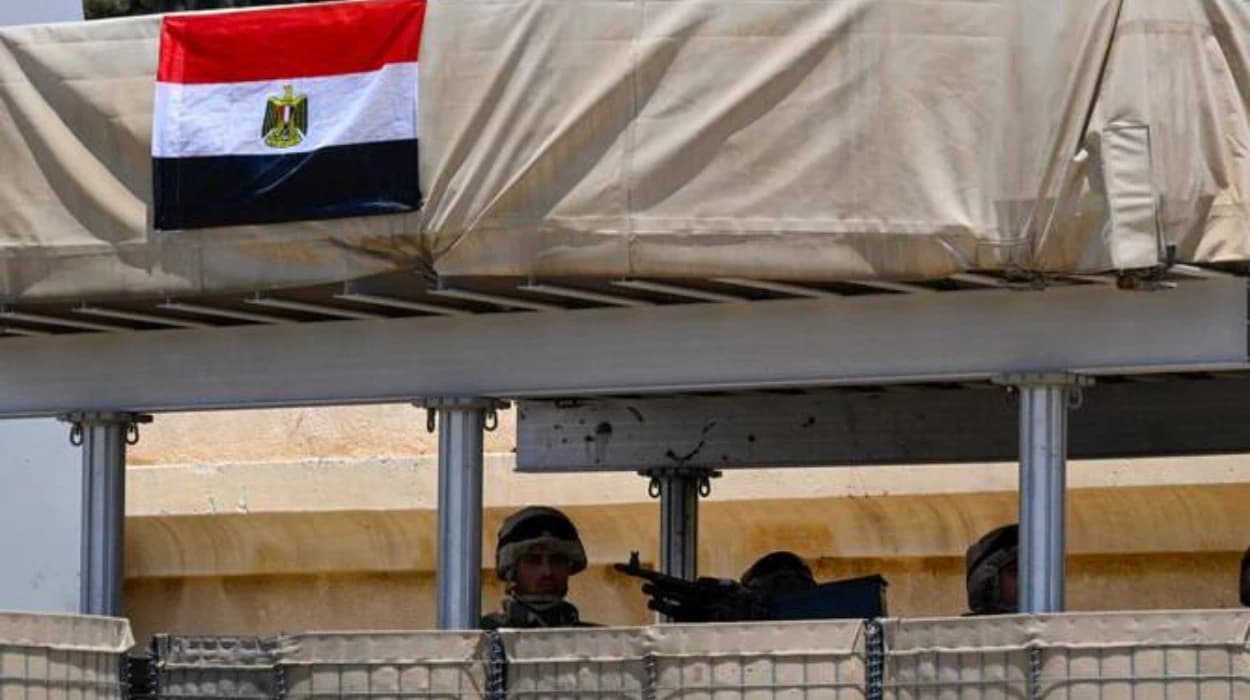Egypt declared its willingness to join a potential
international force in Gaza contingent on UN authorisation and a political
framework, with Foreign Minister Badr Abdelatty emphasising that only an
arrangement backed by a Security Council resolution and a clear mandate would
be meaningful. Palestinian Prime Minister Mohammad Mustafa supported these
calls, vowing that Gaza’s governance remains an exclusive matter for the
Palestinian government.
Egypt signals conditional willingness to join Gaza peacekeeping force
Egypt’s Foreign Minister Badr Abdelatty, at a joint press conference with Palestinian Prime Minister Mohammad Mustafa on 18 August 2025 at the Rafah border crossing, announced that Egypt is
“ready to contribute to any international force to be deployed in Gaza within specific parameters.”
As reported by Arab News and repeated by Barron’s, Abdelatty stated,
“First of all, to have a Security Council resolution, to have a clear-cut mandate, and of course to come within a political horizon. Without a political horizon, it will be nonsense to deploy any forces there” (Arab News, Barron’s).
Abdelatty further explained to i24News,
“A political framework must precede any deployment. Without it, an international mission would be senseless.”
He added that such a framework should enable peacekeepers
not only to maintain order, but to support the realisation of an independent
Palestinian state.
Conditions for Egyptian participation
- United
Nations backing: As reported by Times of Malta, Egypt’s participation
is contingent upon a UN Security Council resolution, ensuring both
legitimacy and an exact mandate.
- Political
horizon: Reports from Arab News, Middle East Monitor, and i24News show
repeated calls from Abdelatty and Mustafa that any force must be part of a
long-term political vision, particularly one that upholds Palestinian
governance and self-determination.
- Clear
mandate and local acceptance: Egypt’s policy, echoed by Al-Ahram,
remains firmly opposed to intervention without the Palestinian
government’s express approval and comprehensive authority over Gaza’s
affairs.
Palestinian stance: Governance and sovereignty
As covered by WAFA and repeated during the press conference, Palestinian Prime Minister Mohammad Mustafa clarified the governance structure for Gaza.
“We’re not creating a new political entity in Gaza,” Mustafa said.
“Rather, we are reactivating the institutions in the State of Palestine and its government in Gaza,”
with a temporary committee managing post-war territory
under the sole executive authority of the Palestinian government.
Mohammad Mustafa lauded Egypt’s “principled and steadfast stance,” highlighting Egypt’s resistance to “displacement schemes” and support for the unity of Palestinian institutions under PLO leadership. He further called on the international community to pressure Israel for humanitarian aid access, accusing Israel of
“using starvation as a weapon against civilians”.
Cairo’s stand on displacement
CNN journalist Nick Paton Walsh, reporting from Al-Arish, quoted Abdelatty:
“The forced relocation of Palestinians from the Gaza Strip is a ‘red line’ and Egypt will not allow any entity to jeopardise its national security or sovereignty.”
Abdelatty warned that displacement is
“a one-way ticket for Palestinians out of Gaza,”
threatening the “liquidation of their
cause”. Egypt’s border remains open for humanitarian purposes, but Cairo
opposes mass emigration and resettlement plans, as repeatedly stated by Egypt’s
officials in reports by the LA Times and CNN.
Ongoing ceasefire talks and mediation efforts
Efforts to broker a ceasefire continue, with Egyptian and
Qatari mediators meeting Hamas and Palestinian officials in Cairo. As reported
by the LA Times, representatives are “exerting extensive efforts” to revive the
US proposal for a 60-day ceasefire and comprehensive negotiations to release
hostages. Egyptian officials emphasised their role as facilitators, not direct
interveners, insisting that only with the conflict’s resolution and a UN
mandate would Egypt consider contributions to a peacekeeping force.
Egypt’s Foreign Minister also announced, as per Arab News:
“We continue to host high-level negotiations on a Gaza ceasefire and hostage release, with regional and international mediators pressing for a breakthrough”.
Regional reactions and challenges
Hamas has reportedly welcomed the concept of a temporary
governance committee for relief and reconstruction efforts. However, as
highlighted by Arab News and WAFA, Hamas’s willingness to cede operational
control remains unclear. Regional actors, including Qatar, continue to mediate
talks, but Israeli officials have signalled intentions to reoccupy parts of
Gaza, complicating negotiations.
President Trump, commenting on Truth Social according to the LA Times, cast doubt on ceasefire prospects, posting,
“We will only see the return of the remaining hostages when Hamas is confronted and destroyed!!!”.
Netanyahu’s administration has previously advocated for Palestinian relocation,
a notion consistently rebuffed by Egypt and the international community.
Humanitarian crisis and international urgency
The ongoing war has resulted in over 62,000 Palestinian
deaths, with Gaza sliding towards famine and widespread deprivation. Thousands
of aid trucks remain stalled at the border due to Israeli restrictions,
prompting international criticism and appeals from the Palestinian government
and Egypt for urgent humanitarian access.
Abdelatty, as quoted by Arab News and the LA Times, called on all governments “not to be involved in this heinous crime” of forced population transfer. He reaffirmed Egypt’s
“historic support for Palestinian rights, its solid political and national vision for our just cause, and its ongoing efforts to end the war, lift the siege, prevent displacement, achieve reconstruction, and ensure the unity of Palestine and its national institutions under the leadership of the legitimate government, represented by the Palestine Liberation Organization (PLO)”.
